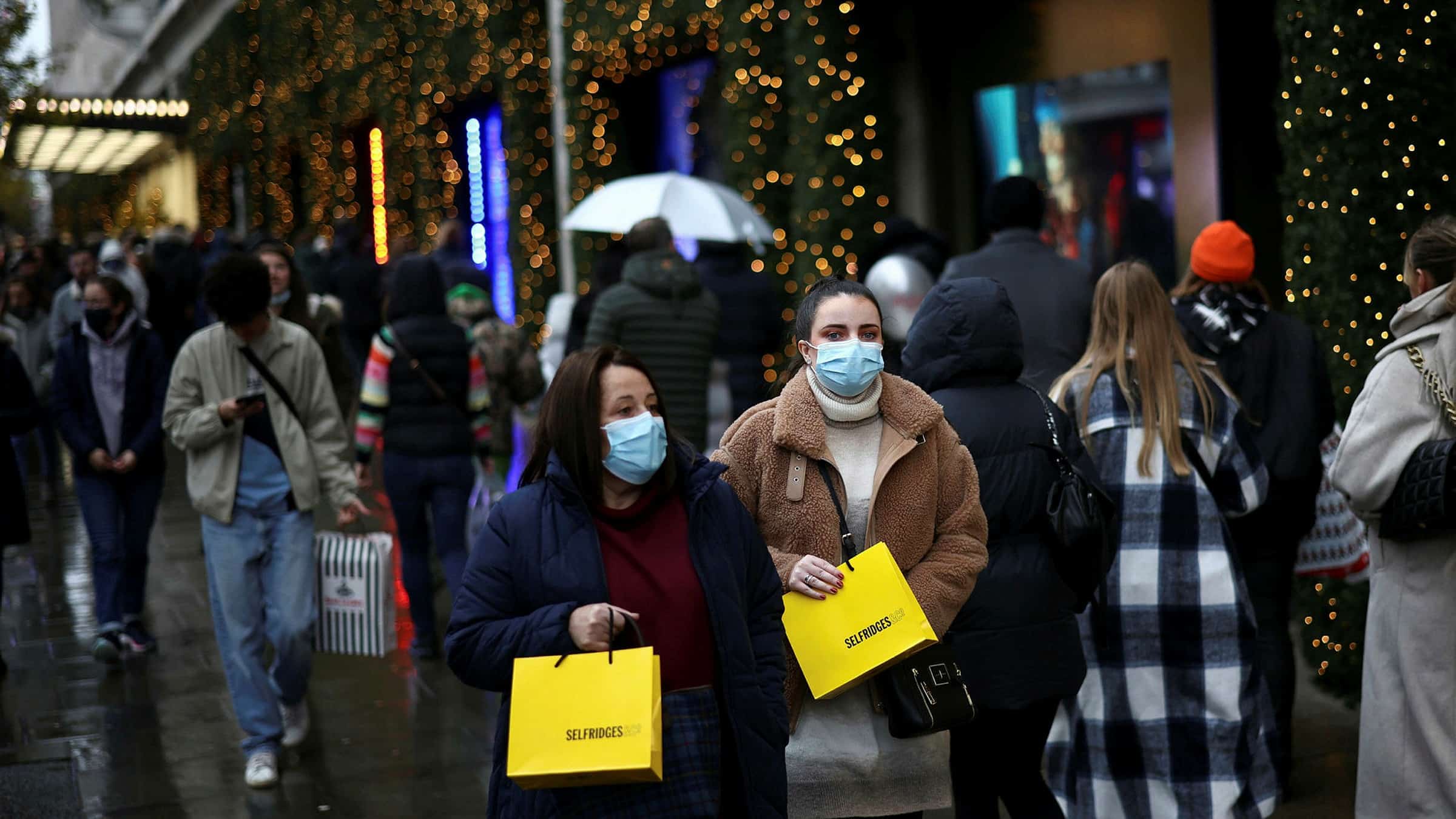London, United Kingdom–The British economy performed slightly better than previously estimated in the final quarter of last year as it expanded by 0.1 percent, revised official data showed Friday.
The Office for National Statistics (ONS) initially said growth had been flat in the October-December period.
Either way, the UK narrowly avoided falling into recession at the end of 2022.
“The economy performed a little more strongly… than previously estimated, with later data showing telecommunications, construction and manufacturing all faring better than initially thought,” noted ONS director of economic statistics, Darren Morgan.
He added that households saved more in the last quarter, with finances boosted by government support to pay sky-high energy bills.
“Meanwhile, the UK’s balance of payments deficit with the rest of the world narrowed, driven by increased foreign earnings by UK companies, particularly in the energy sector,” he added.
Oil and gas prices soared last year as supplies tightened following the invasion of Ukraine by key energy producer Russia.
In the meantime, Britain on Thursday warned against the threat of protectionism as it slammed the United States for leading a “distortive” green energy subsidy race.
Finance Minister Jeremy Hunt’s remarks came as his government updated its energy security plan to ramp up renewable and nuclear power.
The Conservative government led by Prime Minister Rishi Sunak is targeting “net zero” carbon emissions for the UK by 2050.
“We are not going toe-to-toe with our friends and allies in some distortive global subsidy race,” Chancellor of the Exchequer Hunt wrote in The Times newspaper.
“With the threat of protectionism creeping its way back into the world economy, the long-term solution is not subsidy but security.”
President Joe Biden’s $370-billion program of subsidies for green energy, as well as tax cuts for US-made electric cars and batteries, seeks to accelerate the country’s transition to low-carbon.
Yet it has strained relations with Europe, prompting the 27-nation European Union to unveil its own measures.
Britain will “continue to back industries of the future” and “target public funding in a strategic way in the areas where the UK has a clear competitive advantage”, Hunt added Thursday as it further detailed its previously-announced green plans.

